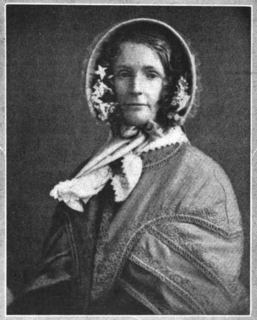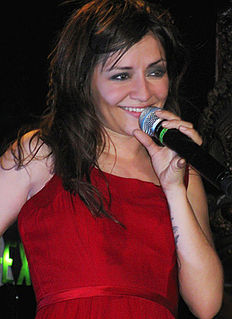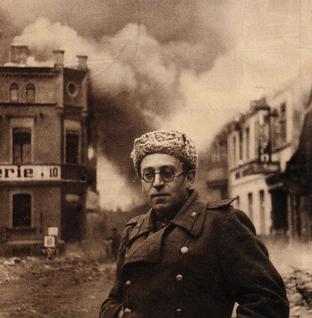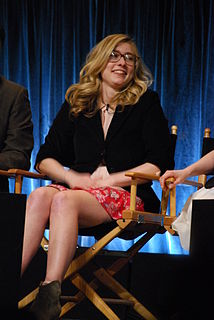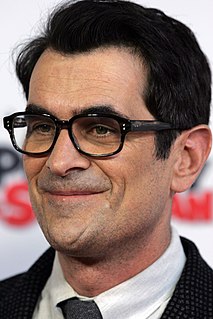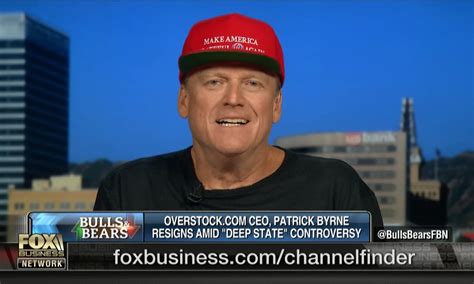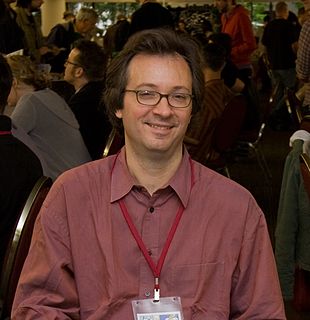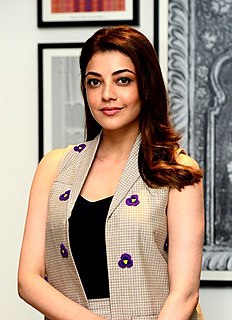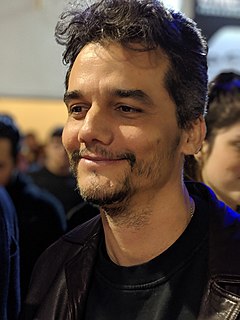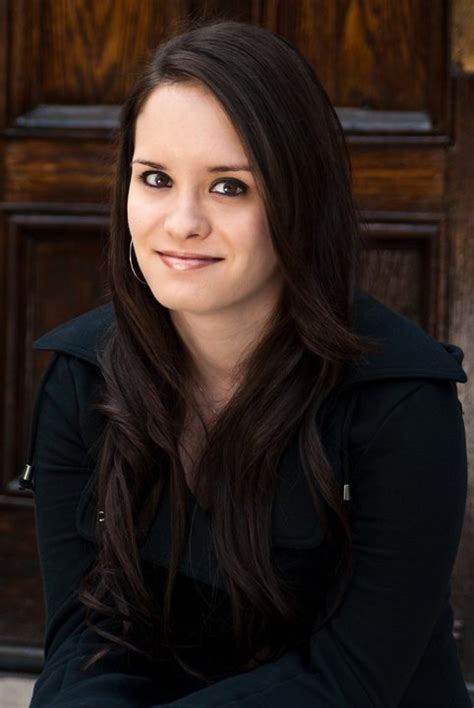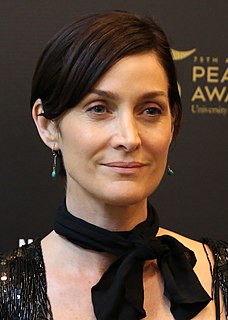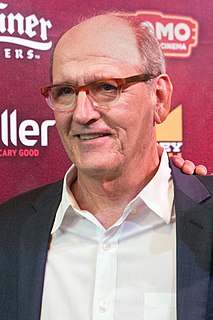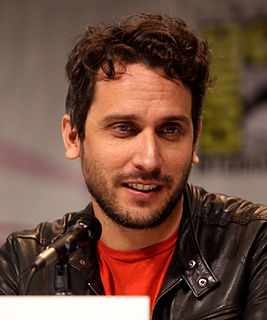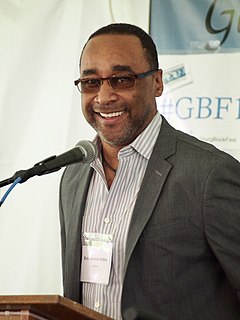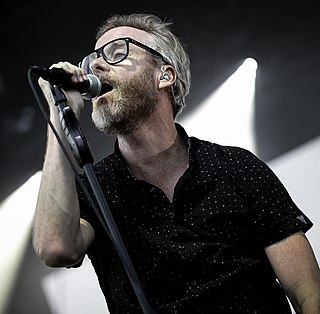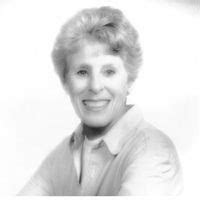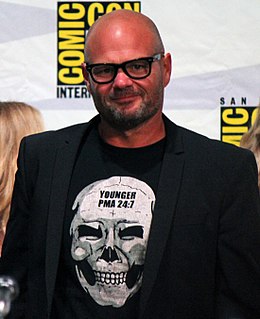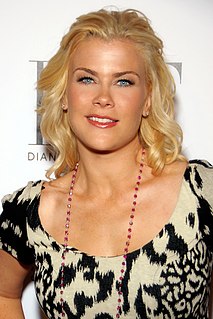Top 1200 Evil Characters Quotes & Sayings - Page 20
Explore popular Evil Characters quotes.
Last updated on April 16, 2025.
Our music is honest. We are who we are... messed up, dysfunctional sinners that have been loved in spite of our hate. We don't deny that we live in a evil world and that we have been evil people and we have evil tendencies... but we also have touched righteousness through our faith in Christ.. and we have received salvation, hope, and love... So our songs always acknowledge this truth and in turn we hope they bring faith, hope and love into the midst of the selfish, fearful hatred that makes up so much of the world we live in.
A little background: Annabeth used to adventure with Hermes's son Luke. Over time, Annabeth developed a crush on Luke. As Annabeth got older, Luke developed feelings for her, too. Luke turned evil. Hermes blamed Annabeth for not preventing Luke from turning evil. Annabeth blamed Hermes for being a rotten dad and giving Luke the capacity to become evil in the first place. Luke died in war. Hermes and Annabeth blamed each other. Confused? Welcome to my world.
'Reversible Errors' is about the limits of the law to define who committed ultimate evil, to define what ultimate evil is, to allow the million arbitrary factors to make this a meaningful punishment, and finally to say, 'Are we really accomplishing what we wanted to accomplish? Are those anxieties relieved?' I don't think so.
The modern view of criminal justice, broadly, is that public concern with morality or expediency decrees expiation for the violation of a norm; this concern finds expression in the infliction of punishment on the evil doer by agents of the state, the evil doer, however, enjoying the protection of a regular procedure.
Consider the problem from the point of view of evil, evil being almost always pleasure's true and major charm; considered thus, the crime must appear greater when perpetrated upon a being of your identical sort than when inflicted upon one which is not, and this once established, the delight automatically doubles.
I suppose it's possible that a writer would have feeling for his characters, but I can't see how, because writing is such a meticulous, intricate, technical business. I wish I could say that I love my characters and that frequently they take over the book and run away with the plot and so on. But they don't exist.
One of the things when you write, well the way I write, is that you are writing your scenario and there are different roads that become available that the characters could go down. Screenwriters will have a habit of putting road blocks up against some of those roads because basically they can't afford to have their characters go down there because they think they are writing a movie or trying to sell a script or something like that. I have never put that kind of imposition on my characters. Wherever they go I follow.
There are times that you have a plot in your head, but then you find that the characters don't want to do that. When you're looking at the story from the outside, you can create whatever twists and turns you want. But when you're writing, you're inside the characters' heads, and you see that they may be motivated to do something different.
What I like and find liberating in dialogue comedy is that the characters, and what they say, are not me. These are fleeting thoughts and observations and not presented as truths but as something that illuminates the character and the dynamic between the characters. This kind of dialogue is thesis and antithesis - and we never get to a synthesis.
